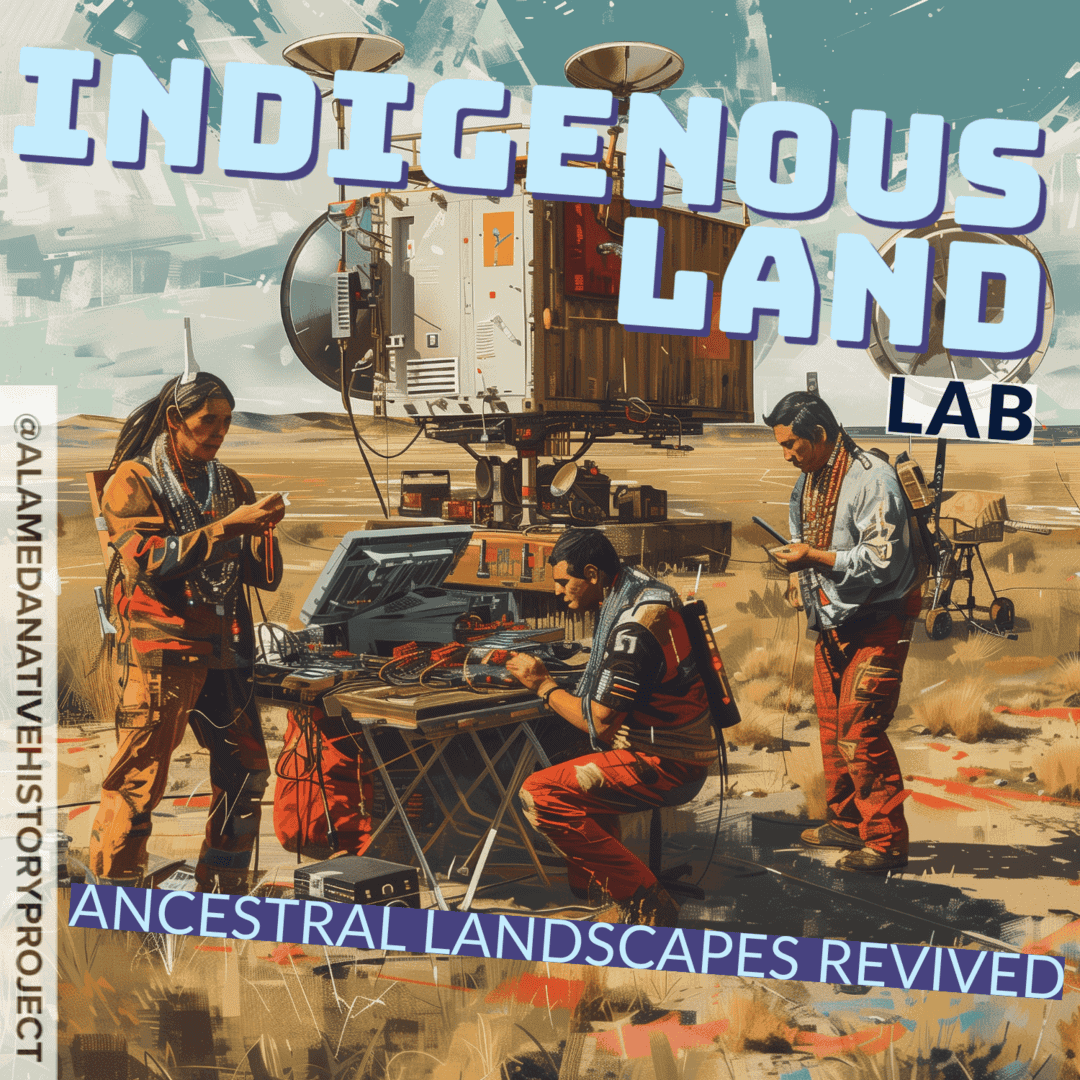Tag: native land
-

Alameda Shellmounds Web Map
Fully updated, featuring new historic wetlands, shorelines, and more. Available exclusively at the Alameda Native History Project. Find it on our website: NativeHistoryProject.org > Shellmounds > Alameda Shellmounds Web Map
-

Indigenous Land Lab Meeting
Indigenous Land Lab Meeting Meet with us Wednesday morning, July 31st to meet your fellow volunteers, learn about the Indigenous Land Lab, and help plan the future of our restoration/conservation […]
-

Alameda Shellmound Map Re-Released
More detailed Alameda historical ecology. All four Alameda Shellmounds. Featuring Alameda’s Ancient Live Oak Forest, Historic Shoreline, and Bay Area Historic Wetlands layers. All juxtaposed against the modern day landscape […]
-

Indigenous Land Lab Update
This is an excerpt of an email to the Indigenous Land Lab mailing list. Updates: Priorities: Collecting as much materials for Acorn Granary construction as possible. What do we need? […]
-

Indigenous Land Lab Begins
This is less a news event, than this is a prayer for healing, learning, and success. I’m humbled and ecstatic to say the Indigenous Land Lab is happening. The plan, […]
-

Our First Maps Class
Announcing our brand-new Maps Class. Tickets are on sale now, scholarships are avalable, and more info can be found on our EventBrite page: https://nativehistory.eventbrite.com In this class: By the end […]
-

Save Shellmounds (Not Parking Lots)
Shellmounds are ancient structures created by thousands of years of indigenous occupation. Shellmounds are cemeteries, or mortuary complexes. The final resting places of the first people to live in this […]


